Mangalore / Udupi, August 20: Tributes were paid to the former Prime Minister Rajiv Gandhi and former Chief Minister D. Devaraj Urs in on their birth anniversaries across coastal Karnataka on Monday.
District administrations of Dakshina Kannada and Udupi districts and various organizations had organized separate functions to remember the late CM Urs during his 97th birth anniversary, while Congress party combined the functions with 68th birth anniversary of late PM.
Deputy Speaker of Karnataka Legislative Assembly N Yogish Bhat, DK Zilla Panchayat President K T Shailaja Bhat, CEO Dr K N Vijayaprakash, Mangalore MLA U T Khader among others remembered the contributions of Urs at a programme organized under the auspices of DK district administration, DK ZP and Backward Classes Welfare Department at Netravati hall of ZP, Mangalore.
Urs was instrumental in providing representation in politics, administration and other sectors to people of deprived classes, said Yogish Bhat.
He said the State Government was committed to the welfare of backward sections of society, and had followed the path laid down by Urs in many aspects.
Udupi district in charge minister Kota Srinivas Poojary, MLA Raghupati Bhat were present at a similar programme organized under the joint auspices of Udupi district administration, Udupi ZP and Backward Classes Welfare Department at Ambadkar Bhavan in Udupi.
Raghupati Bhat said that Urs had brought about a social and economic revolution in the State by enacting the Land Reforms Act.
He also said that the Land Reforms Act had been effectively implemented in the districts of Udupi and Dakshina Kannada. If the Act had not been enacted, a large number of people would have remained as bonded labourers. This Act made the tillers the owners of land”, he said.
In a separate programme organized at Congress office in Mangalore DKCC president and Bantwal MLA B Ramanath Rai remembered the contributions of both leaders.
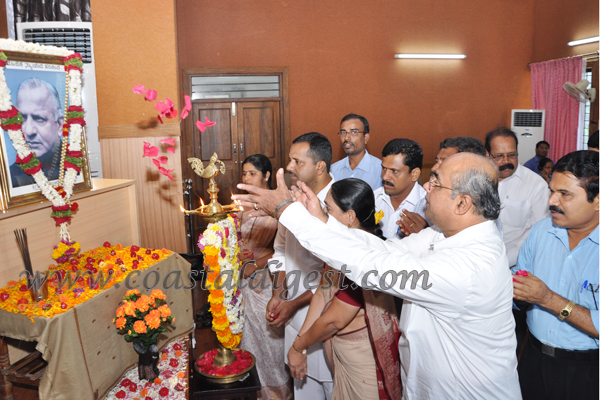
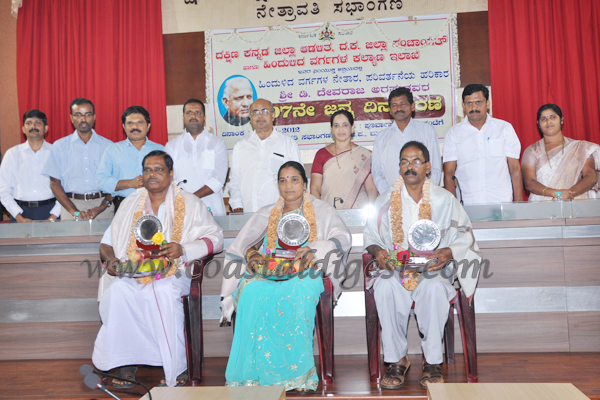
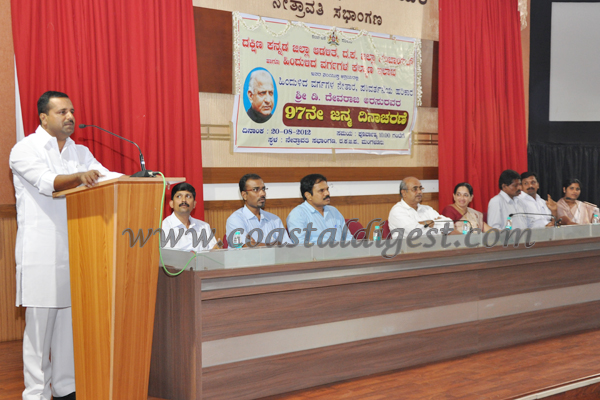
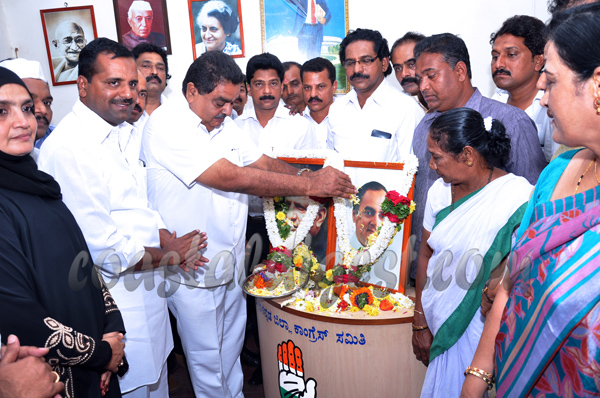
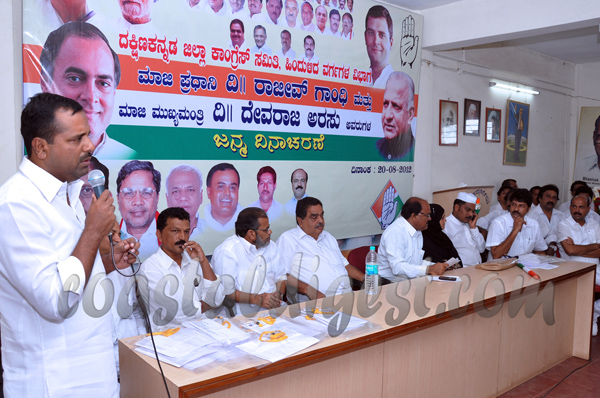






Comments
Add new comment